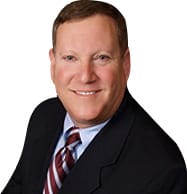For far too long, people of color have been forced to adapt their natural hair into some semblance of the hairstyles typically worn by White people if they want to get or keep their jobs — or sometimes, even remain in school. This disparity has finally been acknowledged, and lawmakers in both New Jersey and New York passed the CROWN Act, the acronym for “Creating a Respectful and Open World for Natural Hair.”
So, what does this mean in practical terms? More importantly, could it protect your right to wear your hair naturally and unprocessed in work or school?
What the CROWN Act protects
There are many insidious ways to discriminate against people of color in the workforce. But until relatively recently, often the most blatant was to reprimand them for wearing their hair in a natural style that can include the following:
- Afros
- Dreadlocks
- Braids
- Twists
The above list is not all-inclusive but shows examples of the natural hairstyles that both Black men and women have suffered discrimination for wearing. In fact, the Dove corporation conducted one study showing that Black women are as much as 80% as likely to alter natural hair so they “meet social norms or expectations” in their workplaces.
Hair commentary as micro-aggression
No one should ever have to tolerate someone touching their hair unless they are sitting in a salon or barbershop chair. But some people of color have experienced managers or even co-workers touching their hair without their consent. Even if it doesn’t go that far, comments made about the employees’ natural hairstyles are a type of micro-aggression that has no place in an employment setting.
Knowledge is your best protection
If you believe that you have been discriminated against at work because of your hairstyle, arm yourself with knowledge about the laws in your state to determine how you should respond.


